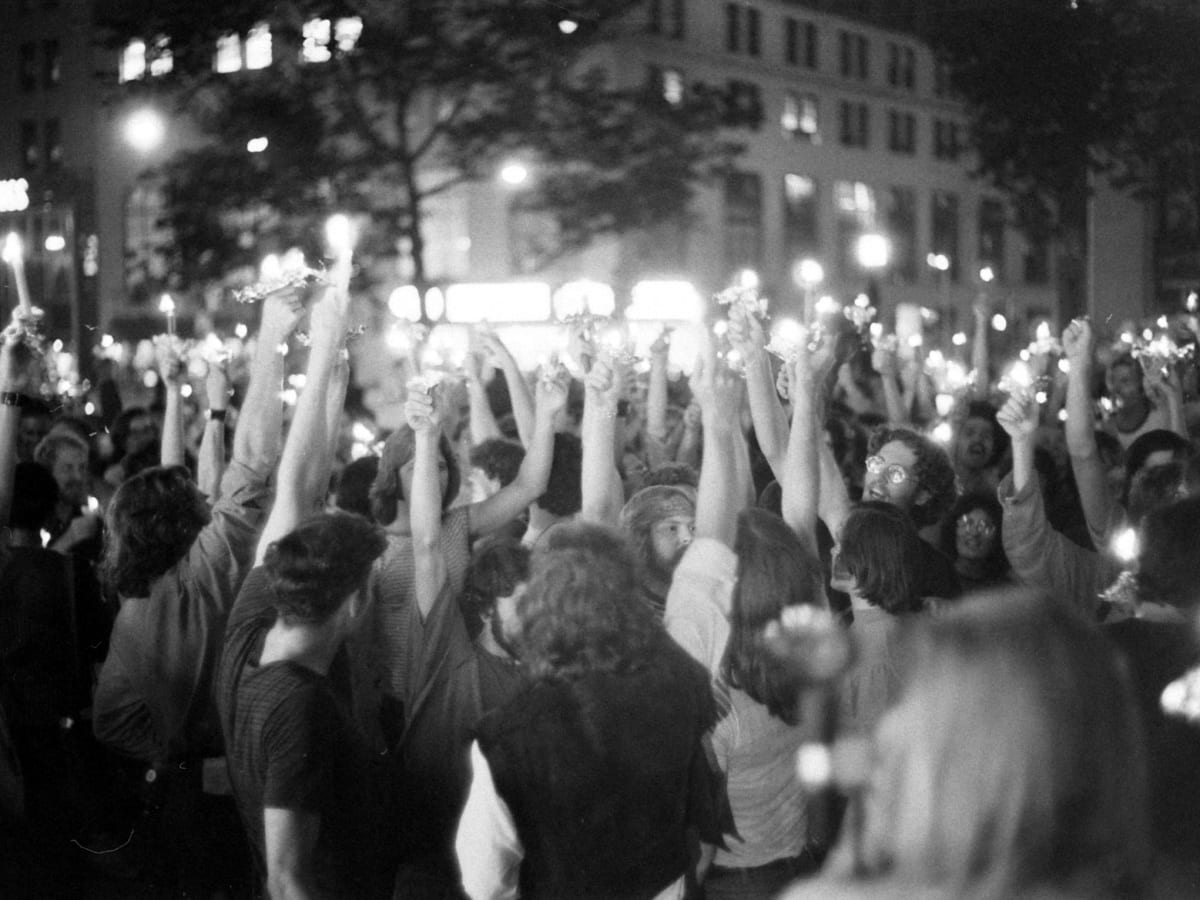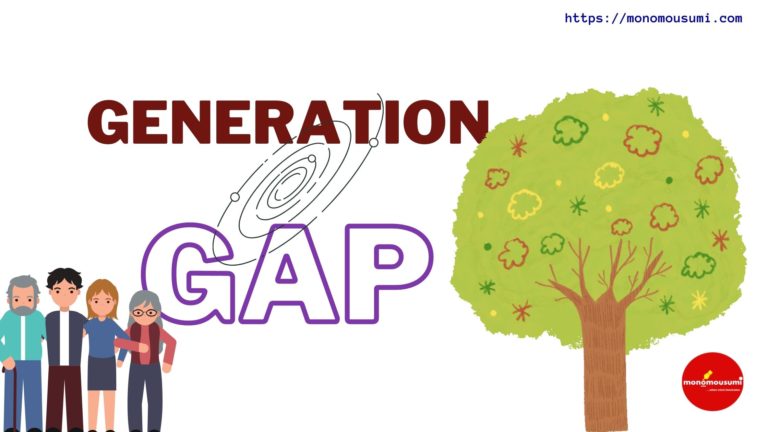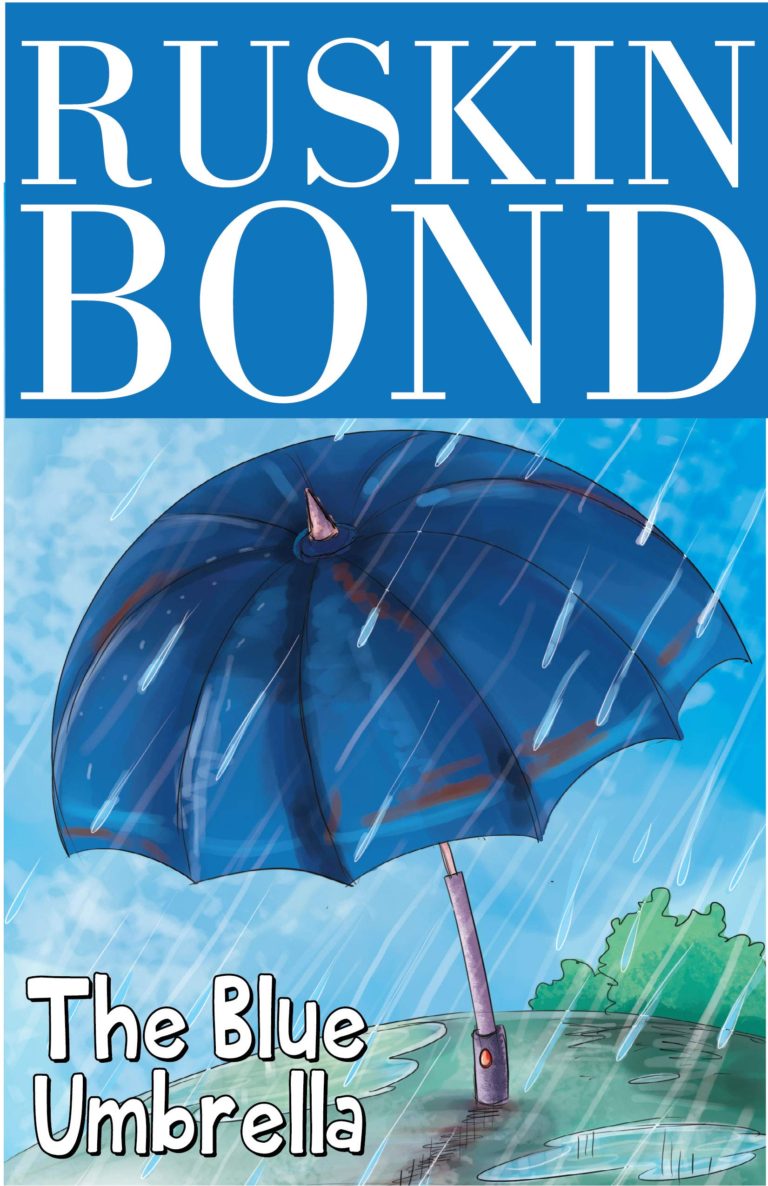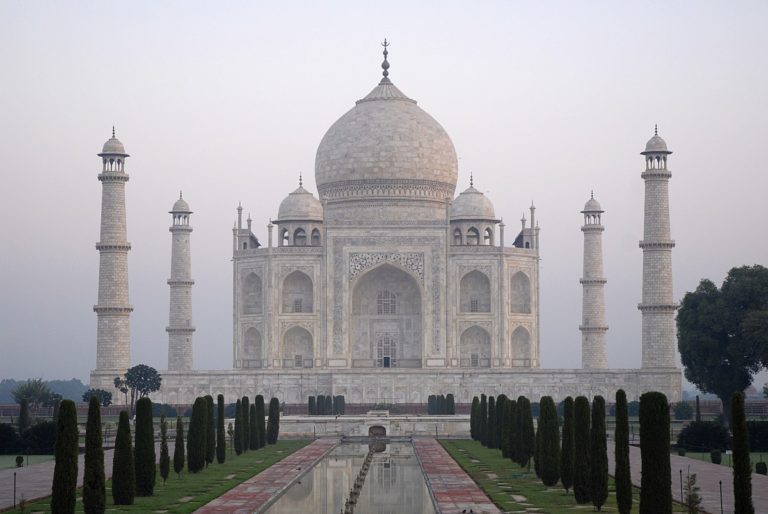
There are innumerable historical events that have shaped the world that we live in today – battles fought to gain power, revolts to achieve independence as well as protests and rebellions against discrimination and injustice. The Stonewall Riots which triggered the Gay Liberation Movement and the fight for LGBTQ rights in the United States is one such event that changed history forever.
Today, Pride, celebrated every year in the month of June, is a cherished tradition. Annual parades are held in major cities, the merry celebrations bringing together both the LGBTQ+ community and straight allies alike. But, this celebration originated in far darker and brutal times, with the first marches held to commemorate one night in 1969 which saw an impromptu army of the oppressed LGBTQ+ people clashing with police in New York City.
THE UPRISING
The Stonewall Inn is a gay bar in New York City, United States. Stonewall Inn was a refuge for the most marginalized people within the gay community – kids who had run away from homophobic homes, drag queens and street hustlers. On 28th June, 1969, not long after midnight, a group of police officers instigated a raid on the Stonewall Inn. Gay venues in the city were routinely raided and the people were harassed by the authorities – partly because of the culturally-ingrained homophobia, and partly because most such venues, just like the Stonewall Inn, were originally owned and operated by the Mafia, who mercilessly exploited the vulnerability and helplessness of the LGBTQ+ community or maybe just to bump up the arrest numbers.
However, the raid went badly for the police. The standard process was to line up the people, check their identification and have female police officers take customers dressed as women to the bathroom to verify their sex, upon which any person appearing to be cross-dressed would be arrested. However, the men who dressed as women that night refused to go with the officers. Enraged by the intrusion of the police in what was considered a particularly inclusive space, even compared to other gay venues, the punters refused to submit to invasive body searches and the men in line refused to produce their identification. The police ultimately decided to take everyone present to the station, after separating those suspected of cross-dressing in a room in the back of the bar. Both patrons and police recalled that a sense of discomfort spread very quickly, spurred by police who began to sexually assault the lesbians. Those who weren’t arrested were released through the front gate but they didn’t leave quickly. Instead, more and more people began to gather outside, united in outrage. Somehow, things escalated to an all-out street riot. The key figure is widely agreed to have been a woman, who was handcuffed and harshly shoved into a police wagon in front of the angry crowd. The woman yelled at the crowd “Why don’t you guys do something?” and they certainly listened to her. Windows were smashed, rocks and bricks were thrown, a parking meter was torn from the street and used as a battering ram.
THE AFTERMATH
Stonewall riots soon became a symbol of a fight against social oppression and political discrimination that would inspire solidarity among homosexual and transgender groups for decades. The Stonewall riots served as a catalyst for a new generation of resistance against oppression and harassment. The Mattachine Society, which started in southern California as a discussion group for gay men and had flourished in the 1950s,paved the path for the emergence of more radical groups such as the Gay Liberation Front (GLF) and the Gay Activists Alliance (GAA). These organizations launched numerous public demonstrations to protest the lack of civil rights for LGBTQ+ individuals. They didn’t humbly request for acceptance but strongly demanded respect. This activism resulted into a nondiscriminatory change in government policies.
The event sparked the formation of numerous gay rights organizations, including the Human Rights Campaign, OutRage! (U.K.-based), PFLAG (formerly Parents, Families and Friends of Lesbians and Gays), GLAAD (formerly Gay and Lesbian Alliance Against Defamation), and Queer Nation. The U.S. National Park Service placed the Stonewall Inn on the National Register of Historic Places in 1999, and in 2016 President Barack Obama designated the site of the Stonewall uprising a national monument. Shortly before the 50th anniversary of the riots in 2019, New York City’s police commissioner, James P. O’Neill, issued an official apology on behalf of the police department.
HOW THE RIOTS CHANGED HISTORY
The Stonewall Riots electrified the push for gay equality and gay rights. They demanded to be seen, they demanded to be heard, they demanded to be acknowledged and they demanded to be respected. At the time of the uprising, homosexual sex was illegal in most parts of the world. Gay people could not work for the federal government/military and coming out would deny them a license in many professions including law and medicine. Since then, 30 countries in the world have legalized homosexual marriage while consensual sex between people of the same gender is legal in 126 countries. However, homosexuality is still a punishable offense in 69 countries.
Martha Shelley, 25, climbed on top of a water fountain in the park near Stonewall exactly one month after the riot, she said – “Come out of the shadows and walk in the sunshine.” Today, many people are coming out of the closet and celebrating their sexualities. “Pride”, is celebrated every year to promote social and self acceptance and pride of the LGBTQAI+ community. Though normalizing alternative sexualities and non-binary genders is an ongoing battle, and it might take a long time to create a world where all forms of love and gender identity are equally accepted and respected, we can’t deny the fact that we have made this progress just because, half a century ago, a few people at a gay bar refused to submit to unjust treatment. The Stonewall Riots are an example of how unity and respect for individualism can help us change the world and create a space where everyone can fully explore and express themselves.
“OUT OF THE CLOSETS AND INTO THE STREETS”
-Pride Slogan used by Queer Nation.
By Srija Bandyopadhyay
Write and Win: Participate in Creative writing Contest & International Essay Contest and win fabulous prizes.


